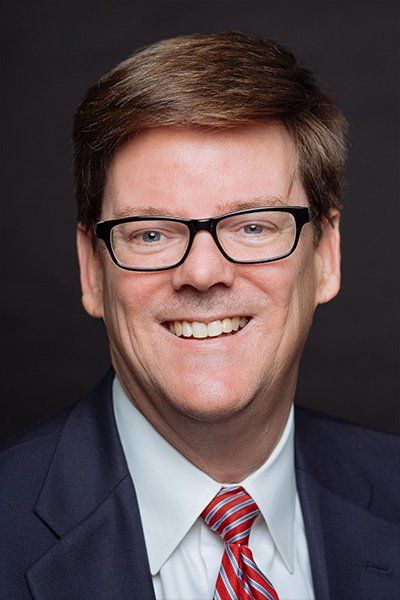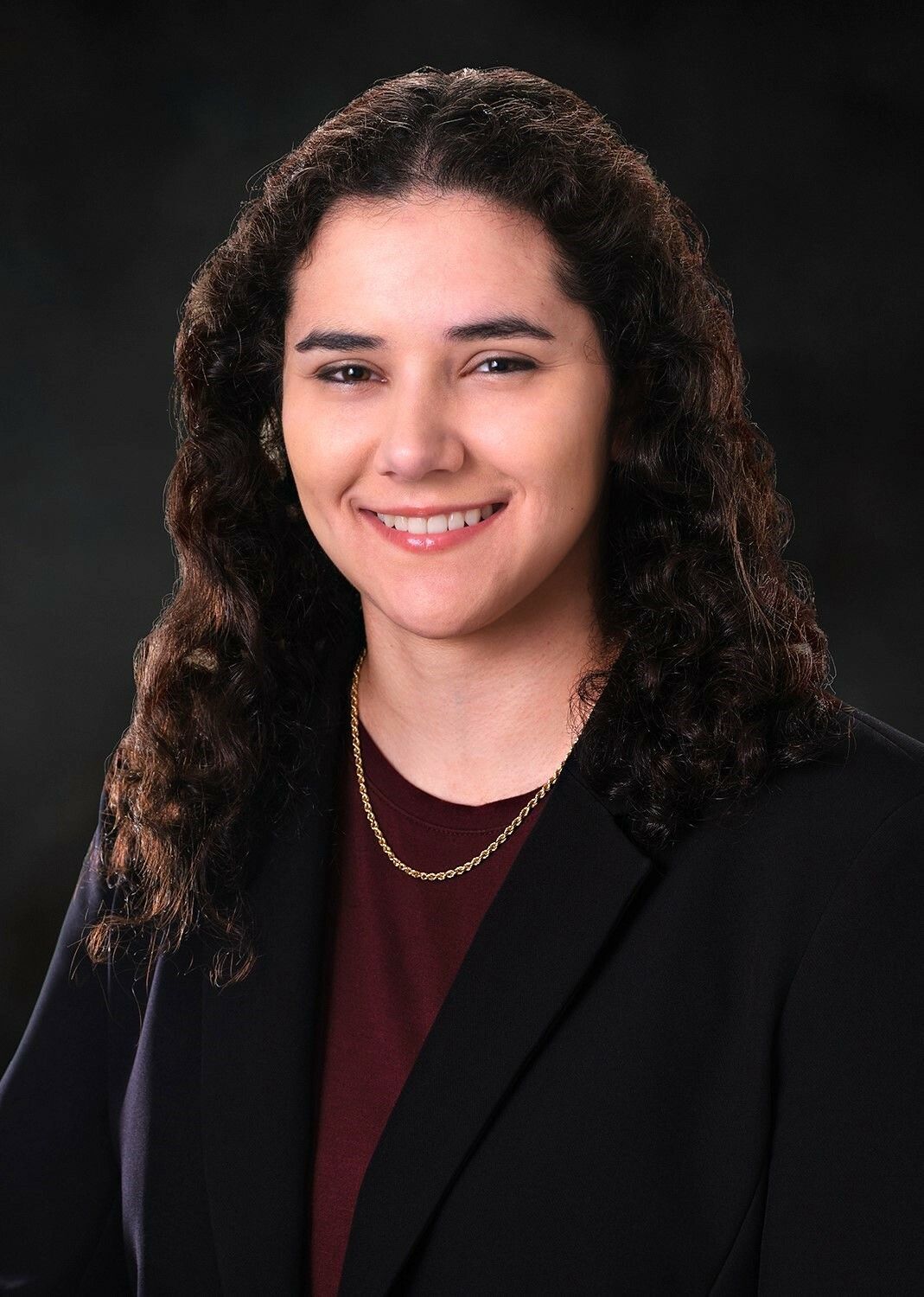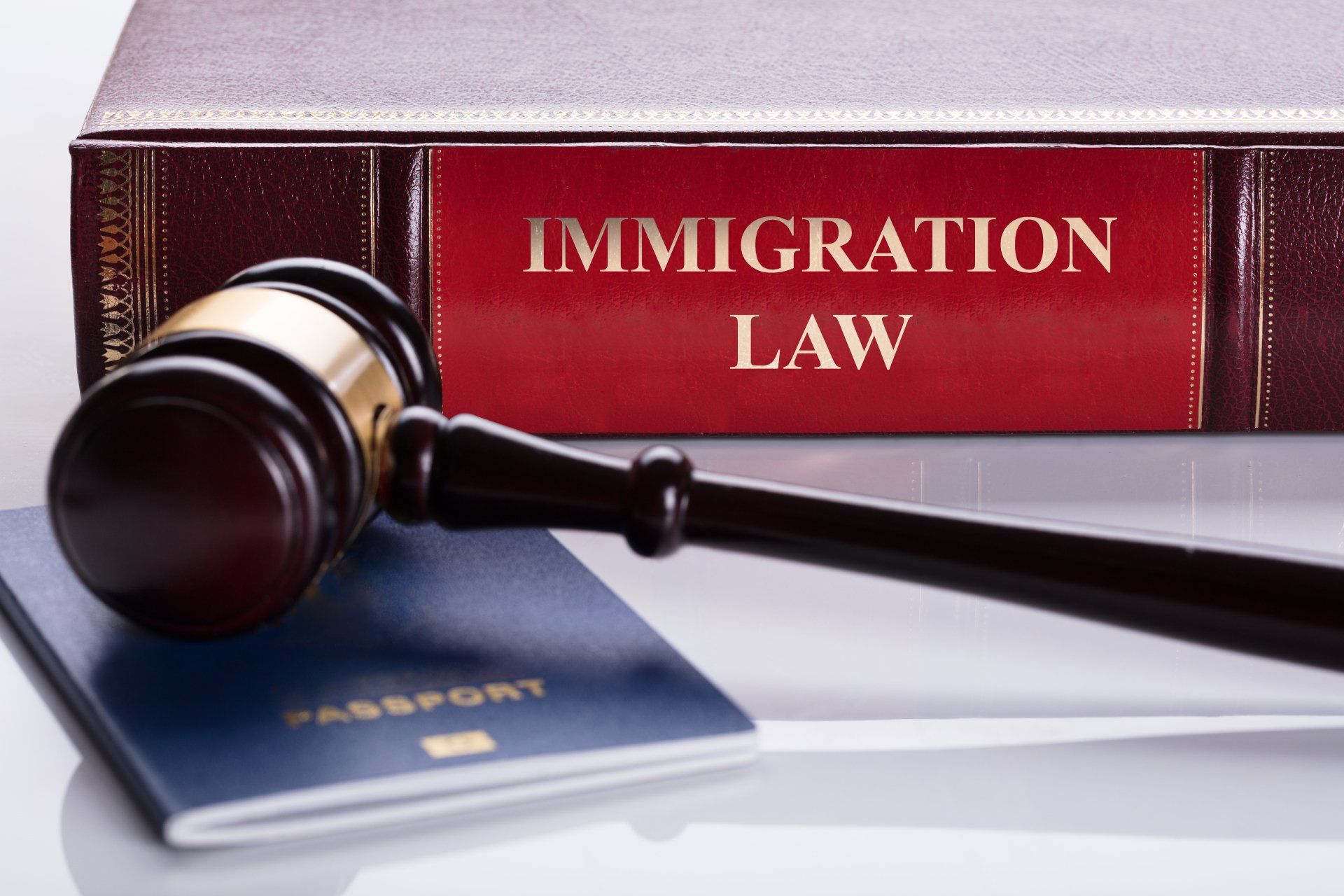WHY BECOME A U.S. CITIZEN? FEDERAL BENEFIT PROGRAMS LIMIT ELIGIBILITY
WHY BECOME A U.S. CITIZEN? FEDERAL BENEFIT PROGRAMS LIMIT ELIGIBILITY
Every year the U.S celebrates Citizenship Day on September 17th. In honor of Citizenship Day, we would like to point out some public benefits available to citizens that may be limited or unavailable to noncitizens. This list addresses larger federal programs, but is not exhaustive of all benefits available to citizens.
The eligibility of a green card holder, or lawful permanent resident (LPR), for certain benefits depends on a number of factors, such as when and how the LPR obtained permanent resident status, and whether "deeming rules" apply. Under "deeming rules," the income of an LPR's "sponsor(s)" is also counted when determining whether or not the LPR may receive public benefits. The eligibility for benefits of noncitizens without green cards is even more limited, and is beyond the scope of this article.
· Supplemental Security Income (SSI). SSI is a federal benefits program that provides monetary assistance to low-income seniors,65 years and older, and low-income disabled individuals. LPRs cannot apply for SSI benefits until they have lived in the U.S. for five years, and then LPRs do not qualify until he or she has credit for 40 quarters of work.
· Temporary Assistance for Needy Families (TANF). TANF is a federal program to reduce poverty by providing money to individual states. Low-income families can qualify to receive cash assistance, but must also participate in job training and other programs designed to holistically eliminate dependence on cash assistance. LPRs can qualify for TANF after five years, assuming they meet other program requirements. it is possible that the "deeming rules" as described above, will prevent the person from receiving TANF, even if an LPR otherwise qualifies for assistance.
· Supplemental Nutrition Assistance Program (SNAP). SNAP is another federal program which provides funds to low-income individuals and families to purchase groceries through an efficient debit card system. LPRs under 18 years of age may qualify for SNAP benefits. LPRs older than 18 are ineligible for SNAP for a period of 5 years beginning on the date of an alien's entry into the United States. There is an exception for LPRS who have worked for 40 qualifying quarters. Quarters worked by parents when the alien was a child, or by a spouse while married, may be counted by spouses and dependent children as satisfying the 40 quarter requirement. . As with TANF, the "deeming rules" as described above may result in ineligibility.
· Medicaid (Full-Scope and Emergency). Medicaid is a health coverage program for low-income individuals and families. Each state runs a Medicaid program, possibly under a different name. There are two types of opportunities for medical care offered under Medicaid: Emergency Medicaid and Full-Scope Medicaid. LPRs usually qualify for Emergency Medicaid, assuming they meet the non-immigration-related eligibility requirements. But to qualify for Full-Scope Medicaid, LPRs must:
o have been a LPR for five years, and in a federal foster care program; or
o be granted refugee or asylum status or withholding of deportation/removal, Cuban/Haitian entrant, or Amerasian immigrant; or
o Veteran, active duty military; spouse, un-remarried surviving spouse, or child; or
o be a child under 21 and live in a state that provides Full-Scope Medicaid to permanent residents, or
o be pregnant and live in a state that provides Full-Scope Medicaid to LPRs.
Also, the "deeming rules" described above may apply.
· Medicare. Another government assistance program in Medicare, which consists of two internal programs: Hospitalization/Free and Buy-in. Hospitalization/free Medicare provides health benefits to individuals who have worked in the U.S. and paid Social Security taxes for the requisite period and are:
o 65 years or older
o Disabled, or
o Facing permanent kidney failure
Hospitalization/Free Medicare is available to LPRs assuming they have met the eligibility requirements. LPRs who have not worked for the requisite period do qualify for the "buy-in" option if they have held LPR status continuously for at least five years.
· Federally Funded Public Housing and "Section 8" Housing. Section 8 is a federally funded voucher program that provides monetary assistance to low-income individuals and families to procure rental housing in the private market. Usually, the federally funded public housing is managed and possibly owned by a local government's "housing authority." Generally LPRs are eligible for federally funded public housing and "Section 8." If there is one LPR in the household but the other residents of the home are not eligible, the rent will likely be prorated to ensure that the only person receiving the benefit is the LPR.
· Social Security Benefits. LPRs are by and large eligible for Social Security, because the program provides retirement payments based on the individual's earnings history. However, if the LPR's Social Security number was issued on or after January 1, 2004, the Social Security number must have been valid for work, or the work for which the LPR is seeking credit must have been performed while the LPR was temporarily in the U.S. with status as a businessperson or crewman. The latter applies mostly to LPRs that were in nonimmigrant status and did not have a green card when the work was performed.
· The Affordable Care Act, a/k/a "Obamacare". Under the Affordable Care Act of 2010, individuals who are "lawfully present" in the United States, including LPRs, will be eligible for new affordable coverage options.
We should be proud of our citizenship and that our nation can provide these benefits to deserving citizens and residents. And for all noncitizens out there, whether you desire to take full advantage of any of these benefits or not, we would be glad to assist you in obtaining a green card and becoming a U.S. citizen. Please call the GKH Immigration Group toll free at 888-463-8117, or send an e-mail here for more information or representation in your immigration process.
GKH attorneys pride themselves on being at the forefront of new immigration developments to best serve clients located around the world. David M. Elliott has been practicing immigration and business law for over 17 years. Brittany L. Thomas joined GKH in 2012 and focuses her practice on immigration. Se habla español.










